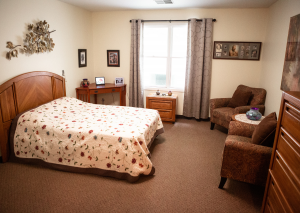
With new cases of Covid-19 on the rise, it is our number one priority to keep all residents, staff and visitors safe.
Our facilities are 100 percent operational while ensuring the health and safety of all who interact with our facilities. CYM is following all recommendations from the CDS and local Public Health Authorities.
Courtyard Manor staff have been trained on how to boost safety protocols and increase communications for the safety of our residents, staff and visitors.
If you have any questions please call 248-539-0104 and ask to speak to a nurse. They will answer your questions or get you an answer asap. We will continue to provide updates as we move forward.
Courtyard Management